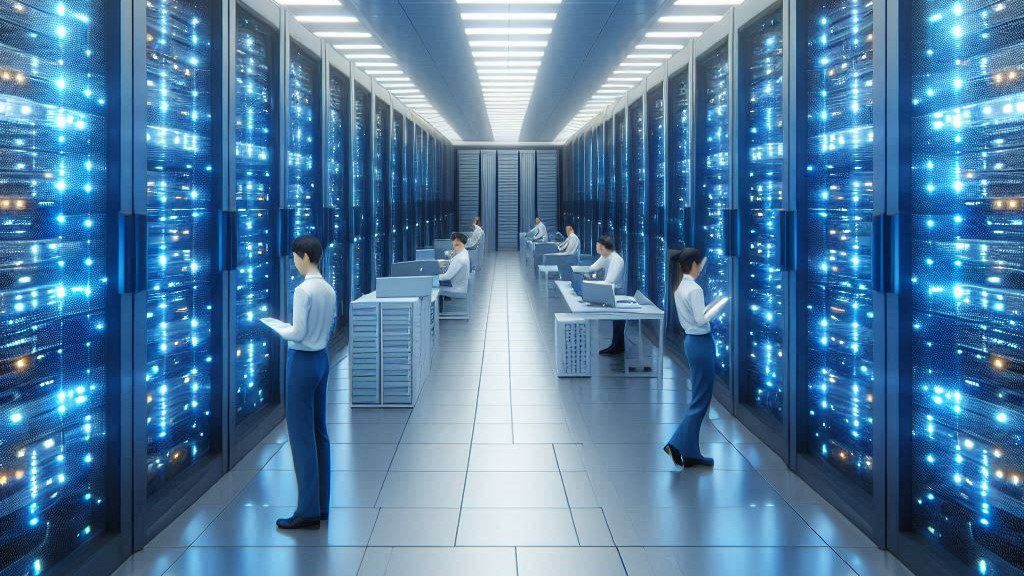Commenters Tie Data Center Needs to Deregulation and Grid Modernization
Randy Sukow
|

One of many keys to the growth of data center construction, according to Cisco Systems, will be modernization of the electric grid nationwide. Action will be necessary at the federal, state and local levels, it said in comments to National Telecommunications and Information Administration (NTIA).
Cisco named financial incentives and regulatory streamlining, including faster action on building permits and data collection activities, “to support the modernization of electricity grids and water infrastructure, the transition to more sustainable energy storage systems, and the adoption of energy-efficient equipment and operational measures.”
NTIA earlier this year called for public comments on the issue of internet data centers in the wake of soaring demand for online access, especially for artificial intelligence applications, which tend to increase data centers’ electric power consumption significantly. Among other questions, the agency inquiry looks where to locate data centers, including rural areas.
“An energy grid equipped with digital solutions … and advanced metering infrastructure technologies can support integration of renewable energy sources that are crucial for reducing reliance on fossil fuels,” Cisco continued.
Open AI, the developer of ChatGPT, pointed to the need to modernize both telecommunications and electric infrastructure. On the telecommunications side, it said dark fiber will be particularly important. “Dark fiber availability in large quantities over land and sea is a critical variable in constructing the necessary AI data center fabric. Also important is their location in proximity to the power sources to minimize regulatory and deployment delays from additional grid extensions.”
At the same time, reliable power at “competitive” rates will be “crucial.” “AI data centers adjacent to recommissioned and extended nuclear plants in the United States may offer connectivity cost and time advantages compared to traditional customers requiring meaningful investments in transmission infrastructure,” Open AI said.
Accenture’s comments show interest in rural data center construction. The greatest challenge the company saw to rural data center establishment was a shortage of technically qualified workers. “Long-term operation of the data center could benefit from recruiting from the local community, providing high-paying technical jobs which will encourage future economic growth for the community at large,” it said. It encouraged the creation of apprenticeship programs that could “result in a solid career path with high pay and government-assisted schooling.”
Along with the need for a technical workforce in rural areas, Accenture also pointed to the need for more electricians and plumbers to maintain data centers throughout the country. Along with increased power demand, data centers will employ extensive water-based cooling systems.
The National Electrical Manufacturers Association (NEMA) also listed strengthening the workforce among its priorities, along with maintaining the supply chain and promoting grid modernization technologies. “Owners and operators of these [data center] facilities are now direct consumers of grid technologies and critical components,” NEMA said. “These new entities create the potential to yield creative and innovative solutions to energy efficiency and power management, as well as accelerate the research and development of grid technologies, including battery storage, microgrids, and smart-grid applications.”


